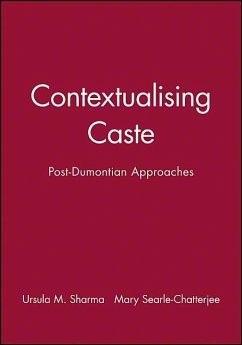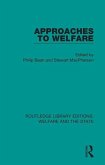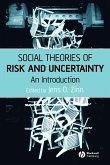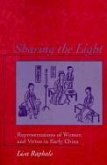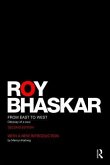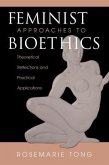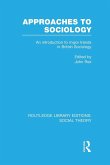Much anthropological and sociological work on South Asia (especially that of western academics) takes for granted the centrality of caste in Hindu society. Anthropologists in particular have been fascinated by the ritual aspects of caste. This tendency has been intensified by the influence of Louis Dumont on recent theorisations of caste. Some would argue that the attention paid to caste has tended to orientalism, emphasizing those features of Indian society that make it "exotic" from a western point of view. The purpose of the present volume would be to question these approaches, offering a consideration of caste in relation to some other key dimensions of Indian society. Some contributions are predominantly theoretical or comparative, while others are based on local ethnography, but the overall aim is to provide an up-to-date review of the theorisation of caste which, while drawing on anthropological insights, is accessible to non-specialists.
Bitte wählen Sie Ihr Anliegen aus.
Rechnungen
Retourenschein anfordern
Bestellstatus
Storno

